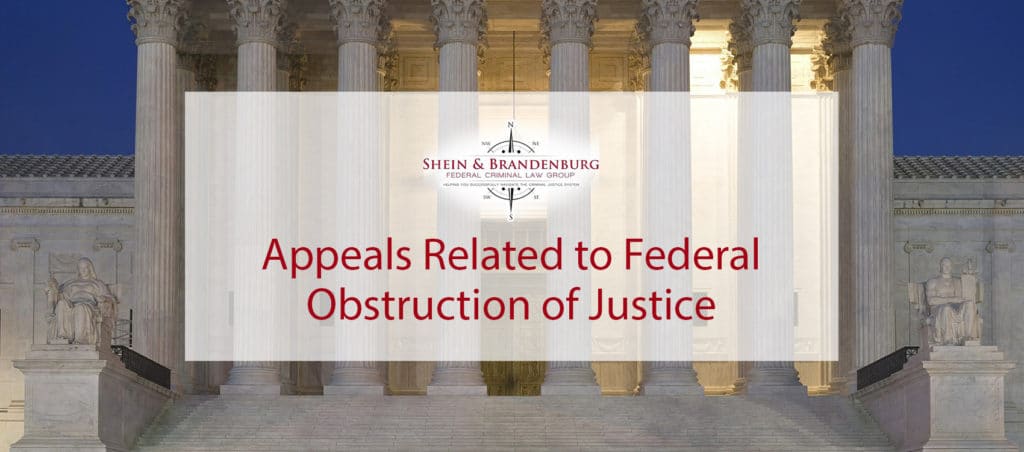A pair of decisions issued by the United States Court of Appeals for the Second Circuit recently upheld the convictions of former New York Senator John Sampson for obstruction of justice as well as lying to federal agents. In 2015, Sampson was convicted of obstruction of justice as well as two counts of making false statements to federal agents. Sampson was later expelled from the Senate and suspended from the practice of law. In 2017, Sampson was sentenced to five years in federal prison.
The Second Circuit Judges initially ruled that the arguments raised by the former Senator failed based on their merits. In response to the obstruction charges, the defendant argued that he was improperly prosecuted for witness tampering while insufficient evidence was present to support his conviction of providing false statements. The former Senator also argued that the sentence was unreasonable. The panel also engaged in a discussion with eight other circuits concerning the statute that the government used to initiate its obstruction of justice charges.
Federal Obstruction of Justice Appeals
While many people have heard of the phrase “obstruction of justice,” they are uncertain exactly what these charges include. In reality, federal obstruction laws involve a wide basis of laws and are frequently the basis for federal appeals. Because this area of law is particularly complicated, it is best to obtain the assistance of a skilled federal criminal appeal attorney if you are interested in pursuing such an appeal.
What Constitutes Federal Obstruction of Justice?
In reality, federal law actually covers 20 different types of behavior including “influencing” or “obstructing” the due and proper administration of the law at any agency or department of the United States. Some other specific acts that constitute federal obstruction of justice include:
- Destruction of corporate audit records
- Influencing or injury an officer or juror
- Obstruction of a criminal investigation
- Retaliating against an informant, victim, or witness
- Tampering with an informant, victim, or witness
Rather than focus on specific actions, federal obstruction law is focused on the effects that the obstruction has. This means that to lawfully convict a person of federal obstruction, the prosecution is required to prove that the individual did something with the specific intent to obstruct an investigation conducted by an agency or department.
Prosecution frequently has a difficult time successfully establishing that a person has corrupt intent. As a result, many federal appeals question whether the prosecution satisfied the requirements provided by federal law to prove federal obstruction.
It is also important to understand that prosecution is not required to prove that any actual obstruction occurred, but that an attempt to obstruct is also sufficient grounds on which to base a federal obstruction of justice conviction.
Speak with a Seasoned Federal Appeal Attorney Today
If you or a loved one has been unlawfully convicted of federal obstruction of justice, you likely still have appeal options left. By contacting a skilled at the Federal Criminal Law Center today, you can make sure that you have strong legal representation. We have helped many people navigate the federal appeal process and understand what it takes to make sure that your case resolves in the best possible manner.


